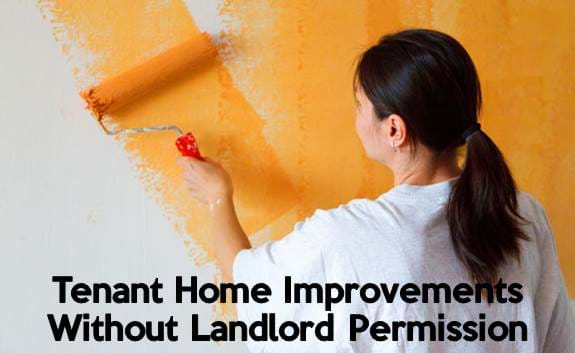
Renters and landlords are both within their rights to make minor changes to a rental property – but it’s better to keep everyone in the loop, and landlords can’t just show up whenever they like.
Many young South Africans are struggling to keep up with bond repayments, forcing many to downsize. The same is true with rentals, where they are moving to smaller properties or moving areas to ‘cheaper’ areas. In some cases, they are negotiating with landlords to get rent reduced (if they are in areas where rental property supply exceeds demand) or at least not have the rent increased on the renewal of the lease,” Richard Gray , said.
“We have seen some homeowners selling their properties and moving to rental properties,” he added.
With the increase in rentals, many in South Africa are wondering what changes tenants and landlords can make to a property without the approval of the other.
A tenant will be able to make certain improvements to a property without the permission of the landlord, such as installing an alarm system, blinds, solar, mount shelves, gates/security.
The tenant would also have the right to vacate and restore the property to its original state.
“I, however, would also prefer to ensure that the landlord is aware of any improvements at all times,” le Roux said.
On the other end of the scale, a landlord is also able to change the property without the tenant’s approval as long as the tenant agrees to give access. The tenant does, however, need to be notified in writing before the landlord enters the premises.
That said, tenants always have the right to quietly enjoy the property, except in cases of emergencies.
“A landlord can also make some changes/improvements, e.g. Putting in a swimming pool, upgrades to window frames, installing fibre, erecting for walls/fencing, paint, plant in the garden, replacement of kitchen appliances,” le Roux further added.